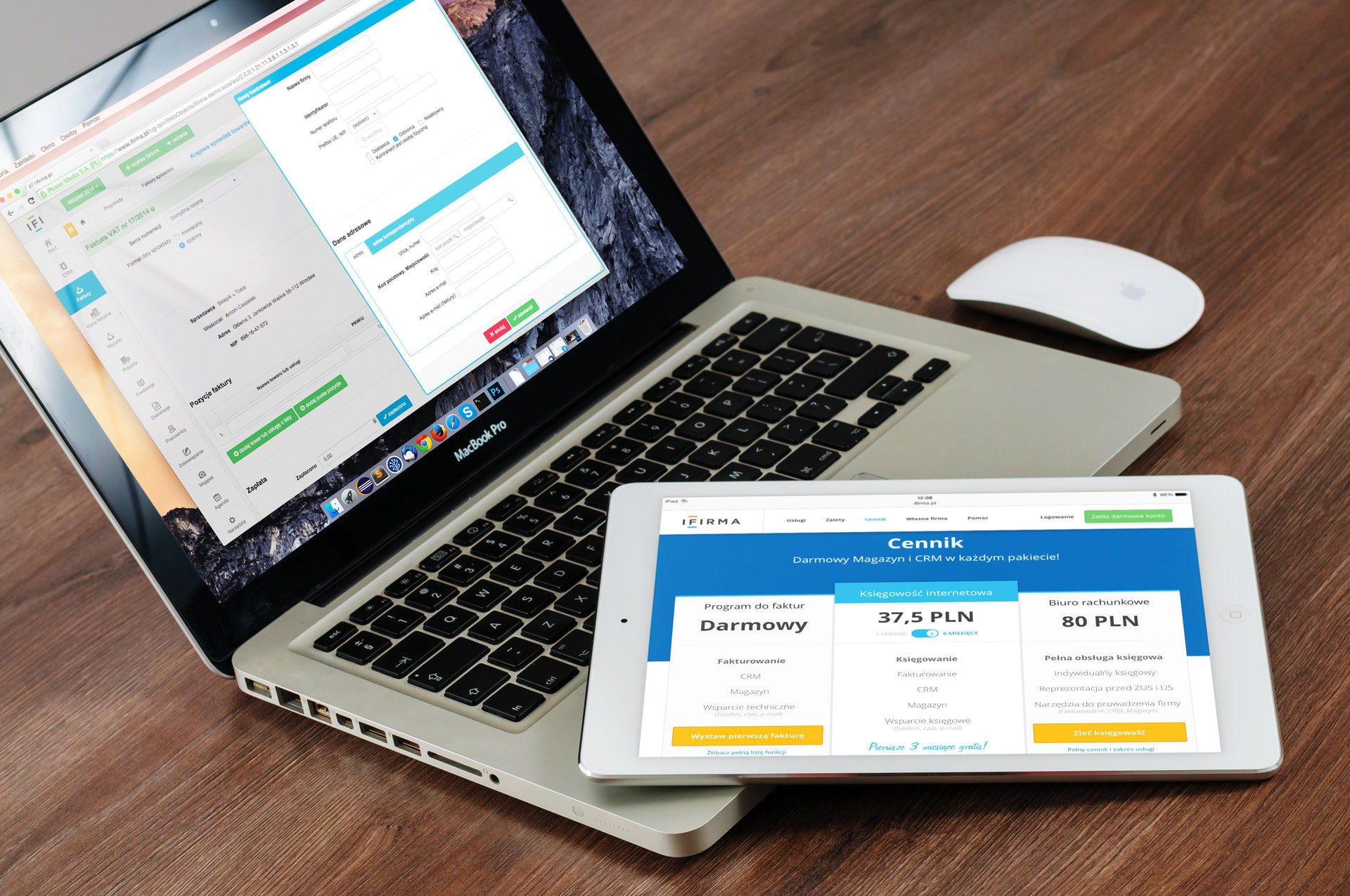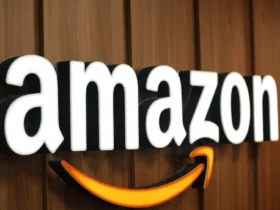If you run a business, now might be a good time to consider your company’s strategy when it comes to NFTs.
Companies large and small are beginning to wake up to the potential of non-fungible tokens for their businesses; from NFT profile pictures being integrated on Twitter to companies like Budweiser and Coca Cola releasing their own NFT collections, non-fungible tokens are beginning to emerge in more and more industries with each passing day.
While the majority of today’s NFT offerings are more reminiscent of a digital version of a collectible trading card, the technology that powers non-fungible tokens and blockchain as a whole is largely still in its infancy.
From digital items and accessories in the metaverse to physical venue tickets, companies are rapidly finding new ways to innovate and integrate NFT’s into their businesses.
Many people in the community compare today’s NFT projects to the early days of ecommerce; the days where small, more agile players in the space like Amazon acquired a massive advantage by adopting the new technology nearly 6 years before major retailers like Walmart and Target launched their own websites.
So, what are some ways your business can adopt this new technology early?
Here are a few ideas.
Create a line of digital collectibles
Many brands have begun creating their own collections of digital collectibles as non-fungible tokens.
Recently, Budweiser launched their ‘Budverse Cans’, a collection of 1,936 unique digital cans, each of which serve as an entry pass to “the Budverse”, Budweiser’s home in the metaverse.
According to Budweiser’s description of the project, each NFT holder will also receive exclusive benefits and rewards.
Create an NFT loyalty program
Another creative strategy being employed is offering a rewards program in the form of an NFT.
Since NFT’s are just code and can be programmed, you can add new benefits to token holders over time as your business grows.
Some companies are choosing to offer discounts and rewards to holders of their NFT projects.
By having the NFT in their wallet, it’s easy to confirm valid membership, whether on your business’s website or in person at a brick and mortar location.
Furthermore, NFT’s allow the creator to take a percentage royalty of all future sales; this means that if one owner of your business’s NFT sells it to someone else, your company still gets a cut of the action.
This aspect of the secondary market has long been a source of untapped potential for businesses, as previously there was no easy way to track secondary market sales of an item.
Integrate NFTs with physical items
Another option for your business is to use NFTs that are tied to a physical good.
For example, luxury handbag manufacturer Coach promised a custom handbag to each holder of its initial NFT launch.
In a similar vein, the sneaker marketplace StockX launched a collection of NFTs of sought-after sneakers that can be exchanged at any time for a physical pair.
Overall, success in the blossoming NFT space is only going to come as a result of genuine experimentation and watching the success and failures of others.













